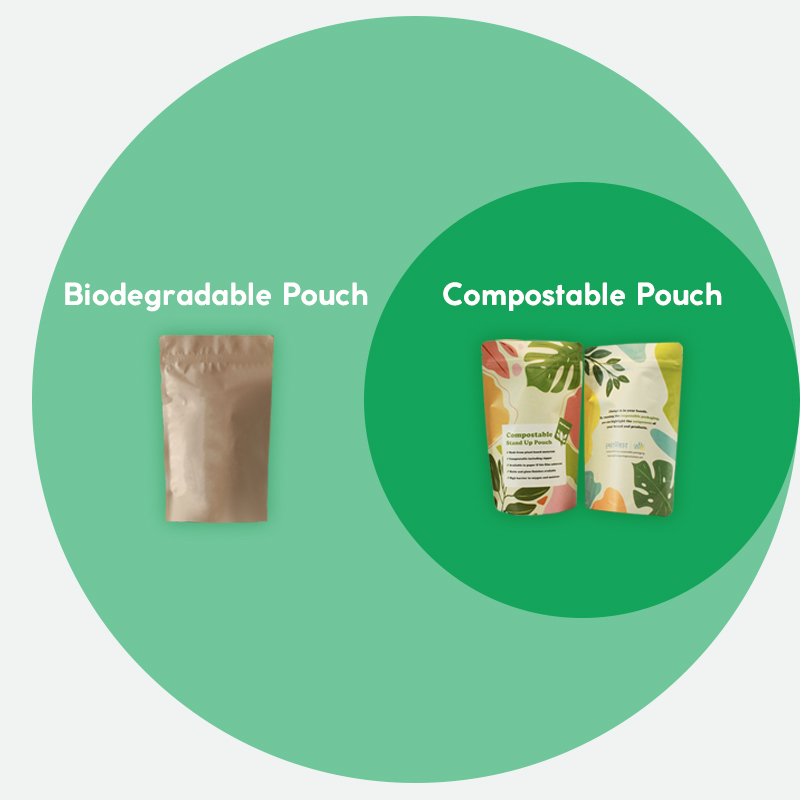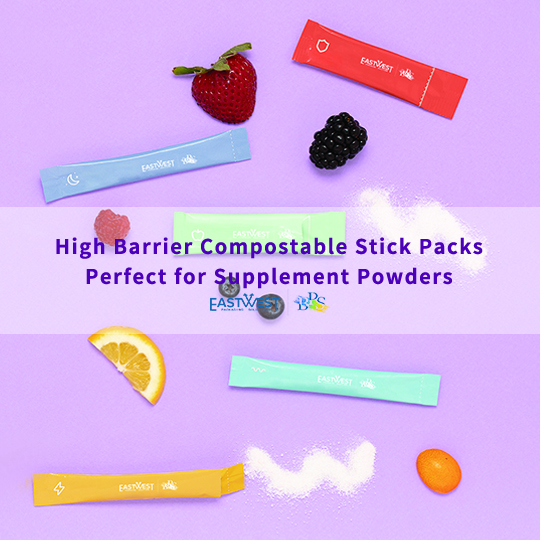Corona, the Anheuser-Busch InBev beer brand, recently built a "trash wall" on Ipanema Beach made from plastic collected on the famous Brazilian beach in just three days. The stunt followed the "wave of waste" sculpture that the same brand also made, again from plastic rubbish, and a host of similar awareness-raising initiatives by others, including a 50-foot-long plastic-waste sculpture of a dead whale, courtesy of Greenpeace Philippines.
Now you might think brands that are building installations out of plastic waste are doing a brilliant thing to highlight, and therefore reduce, the damage that excessive use of plastic packaging and lack of recycling does to the environment. But if you do, you’d be wrong.
As an innovative idea, it’s arguably becoming – much like those "float it up the Thames" or "fire it into space" ideas that went before it – a hackneyed and obvious PR stunt. Far worse, though, it’s a way of distracting consumers from the manufacturers and corporates that are actually responsible for the amount of plastic in the supply chain.
Then, when China shut down recycling of foreign plastic waste last year, leaving the world with no scalable means of recycling the mountains of plastic that we discard, the already high stakes got even higher. Hectoring people to put the right waste in the right recycling bins now looks like a futile effort compared with the waste that is produced on an industrial scale.
Source from: Campaignlive (Malcolm Poynton April 12, 2019)

Is PCR (Post-Consumer Recycled) Materials Safe?
Some brands are considering the PCR (Post-Consumer Recycled) material for food contact packaging. However, is recycled plastic safe for food packaging? There’s still a risk for using PCR materials.
BPS never uses PCR materials for food grade packaging considering the food safety and the weakened functionality and property of materials.
The risk of toxic substances contaminating food already exists with virgin plastic, so it will only be higher with recycled packaging coming from old plastics that may contain banned chemicals, says Floriana Cimmarusti.
Recycled Plastics in Food Packaging
There is an emphasis throughout the United States on increasing the uses of post-consumer recycled (PCR) materials, including plastic. FDA is involved when industry collects used polymeric materials (usually food containers) and proposes to recycle these materials to make new food containers. FDA's main safety concerns with the use of PCR plastic materials in food-contact articles are:
1) that contaminants from the PCR material may appear in the final food-contact product made from the recycled material,
2) that PCR material may not be regulated for food-contact use may be incorporated into food-contact article, and
3) that adjuvants in the PCR plastic may not comply with the regulations for food-contact use.
To address these concerns, FDA considers each proposed use of recycled plastic on a case-by-case basis and issues informal advice as to whether the recycling process is expected to produce PCR plastic of suitable purity for food-contact applications. FDA has prepared a document entitled Guidance for Industry - Use of Recycled Plastics in Food Packaging: Chemistry Considerations that will assist manufacturers of food packaging in evaluating processes for PCR plastic into food packaging.
Mrs & Mr Manufacturer, no more plastic stunts. Just make the change and ditch plastics from your supply chain for good.
Source from: www.fda.gov
Click the below link and connect with BPS that Offers a variety of REAL sustainable packaging solutions:
Blog Editor: Nicola Wu
Contact BPS Team: inquiry@bestpackagesolutions.net
 Eco-Friendly Packaging Materials The Next Wave in Sustainable Design, Right at Your Fingertips!
Eco-Friendly Packaging Materials The Next Wave in Sustainable Design, Right at Your Fingertips!
 Interested in Elevating Your Packaging to the New Height?
Interested in Elevating Your Packaging to the New Height?
 Compostable vs Biodegradable: Which Pouch is Best for the Environment?
Compostable vs Biodegradable: Which Pouch is Best for the Environment?
 Compostable Stick Packs for Supplement Powder
Compostable Stick Packs for Supplement Powder